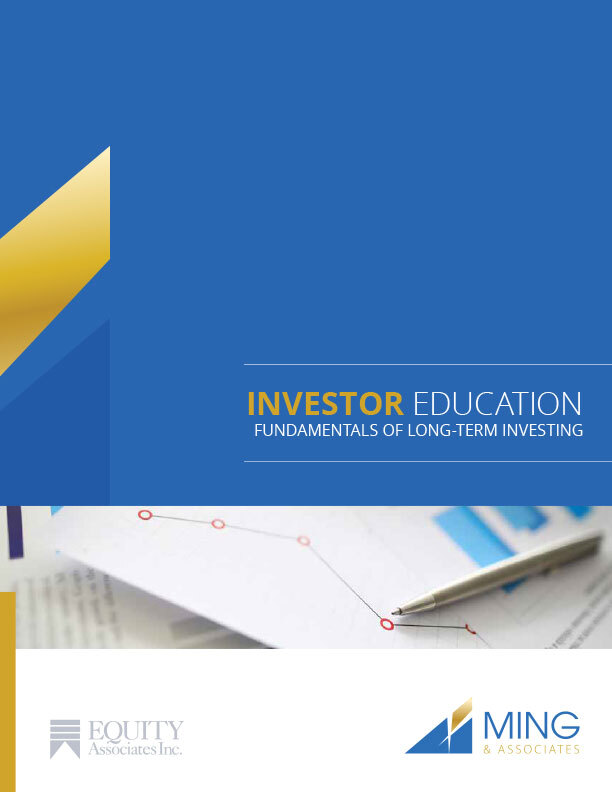As we talk to investors, we find that many of them behave the same way. That is they behave like speculators and primarily focus on the price of what they own. They forget to look “under the hood” to understand the value of what they own. This seems to be because of the media’s constant focus on price and its’ daily fluctuations with news geared towards capturing your attention and emotions. It is those emotions that are the primary culprit in causing investors to deviate from their long-term investment philosophy.
For over 20 years, Jeff Bezos wrote a letter to Amazon shareholders highlighting the state of the company and its outlook for the future. In 2000, in the midst of the dot.com tech bubble that sent technology stocks crashing, he had this to say:
“Ouch. As of writing this, our shares are down more than 80% from when I wrote to you last year. Nevertheless, by almost any measure, Amazon is in a stronger position now than at any time in it’s past. We served 20 million customers in 2000, up from 14million in 1999. Gross profit grew to $656m from $291m in 1999…(for context, in 2022 there are over 200 million Amazon prime subscribers worldwide)
So, if the company is better positioned today than it was a year ago, why is the stock price so much lower than it was a year ago? As the famed investor Benjamin Graham said, “In the short term, the stock market is a voting machine, and in the long term, it is a weighing machine. Clearly there was a lot of voting going on in the year of 99 – and much less weighing. We’re a company that wants to be weighed, and over time, we will be – over the long term, all companies are. In the meantime, we have our heads down working to build a heavier and heavier company.”
We can’t help but draw parallels from this statement to the certain areas of the financial markets over the past two years. It is important to understand that market movements in any given year are driven primarily by investor sentiment and emotions, otherwise labelled as an investors ‘outlook on the markets’.
For almost all investors, this ‘outlook’ takes the pattern of an irregular cycle of excessive optimism followed by excessive pessimism and back again, which revolves around an ever-rising trendline as civilization innovates and moves forward. One of the most important things we try to teach our clients is that there is a critical difference between having an investment philosophy and having an outlook on the markets.
We strongly believe, and history supports the fact, that all successful investors work from a resilient investment philosophy rather than a market outlook. In our experience most unsuccessful investors work from a market outlook which is what ultimately causes them to be manic/depressive. They tend to change their views and strategy over time by reacting to events depending on what is going on in the media and the world around them throughout their investing lifetime.
If there is anything we can draw from Jeff Bezos letter, it is that the only matters of real importance are focussing on what you own, what you’re aiming to achieve, and how you’re progressing towards that long-term objective. The rest is just commentary.

